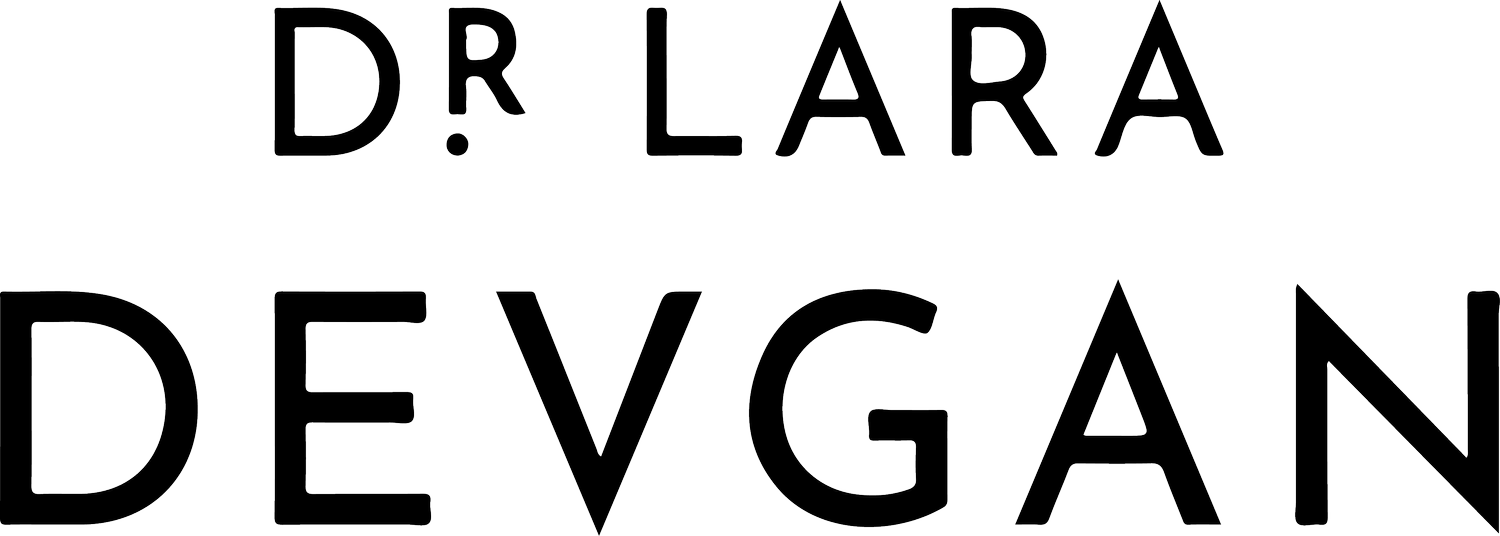Written by Jack Nicastro
How eyelash products replaced lipstick as an economic index during the pandemic.
Women the world over indulge in luxury beauty products from Estée Lauder, but few know much about one of the most important men behind the brand: Leonard Lauder. Chairman Emeritus and heir to the Estée Lauder fortune, Leonard Lauder invented the “lipstick index” during the 2001 recession. Lauder’s theory contends that more lipstick is sold during periods of economic decline due to its cheap substitution of more fanciful, costlier beauty products.
While a savvy businessman and graduate of Wharton, data compiled by market-research firm Kline and Company has shown lipstick sales reliably trend upward irrespective of fluctuations in the business cycle, casting doubt on Leonard’s theory. Ignoring the dubious legitimacy of Lauder’s lipstick index being an accurate economic barometer, assuming it was descriptive in 2001, how does it fair during the ever-masked times in which we find ourselves? Anecdotally, Dr. Devgan’s industry-leading Platinum Lip Plump has continued to perform well, with more than 100,000 units sold. More statistically significant, Business Insider reports a 28% decline in lipstick sales on Amazon during the pandemic. But, why?
Since the first Coronavirus infection was reported in the U.S. on January 20th, CNBC reported that more than half of U.S. states had implemented mask mandates to one degree or another by mid-July. Around the same time, the New York Times reported that some of the largest U.S. corporations, e.g. McDonalds, Walmart, Target and Walgreens, had implemented private mask mandates to enter their stores. Given these findings, it’s no surprise that women are less keen on buying lipstick that may be hidden under a mask.
However, while lips remain mostly obscured in public, other aesthetic features remain visible to be enhanced and appreciated. Fabrizio Freda, Estée Lauder’s chief executive, admits that “the lipstick index has been substituted by the moisturizer index,” as reported in the Wall Street Journal. Another indicator du jour discussed in an NPR interview with Jennifer Spaulding Schmidt, senior partner at McKinsey and company, was the “nail index.” While Vogue Business and Cosmetics Design have released data showing increased sales of a variety of skin and nail-care products during the pandemic, Dr. Devgan would like to posit one index she hasn’t seen mentioned: the “eyelash index.”
One of New York City’s leading plastic and reconstructive surgeons as well as the founder of Scientific Beauty, Dr. Lara Devgan has observed an almost eight-fold increase in sales for her highly-regarded Platinum Long Lash Serum from April-September of 2020 compared to the same time last year. The reason? Dr. Devgan firmly believes that “beauty is in the details” and there is scarcely any facial feature whose expression could be more subtly expressed than one’s eyelashes. While a one to two millimeter difference in most lengths could be dismissed as negligible, this minute change in eyelash length is anything but imperceptible - and the sales figures prove it! Not only has Dr. Devgan’s Platinum Long Lash Serum earned a glowing 4.8 star rating on Google Reviews, but the 783% increase in sales from 2019 to 2020 is proof positive that, perhaps now more than ever before, the beauty truly is in the details.
Moreover, this data point is not merely an outlier specific to Dr. Devgan, but indicative of a recent trend in increasing mascara sales and facial plastic surgery procedures; CNN reports that Alibaba, the largest retailer in the world, witnessed a 150% increase in eye cosmetic sales in mid-February; the New York Times details how plastic surgeons around the U.S. have witnessed an astounding uptick in facial procedures during the pandemic, despite eyelid surgeries and facelifts declining by 36% and 8% since 2000, respectively. Add to these data the sheer popularity of Dr. Devgan’s serum, both in terms of volume and customer rating, and the case for the eyelash index is all but conclusive.
Just as a microscopic virus can irrevocably change the way we live our lives, extremely precise aesthetic accentuations can make a monumental impact on our appearance.













